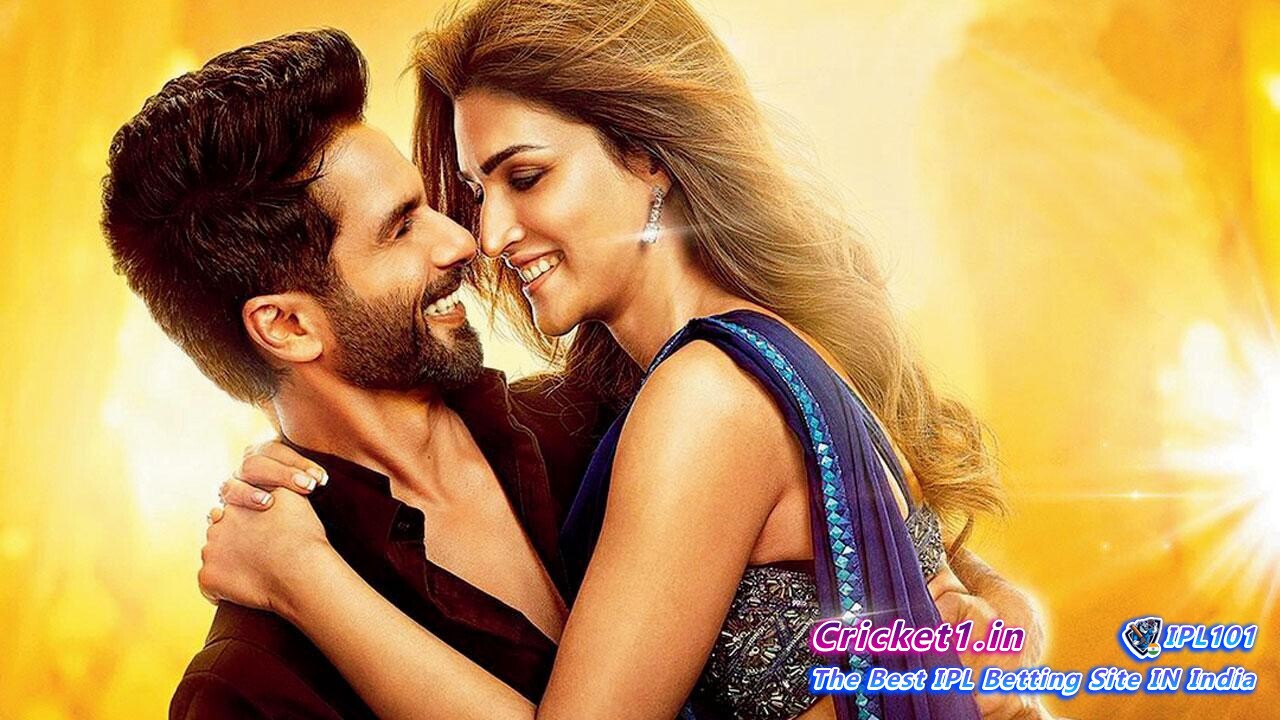
The early 2000s were a golden age for pop music, and amidst the array of hits, one tune stood out, gracefully etching itself into the collective heart of music lovers—Raghav Mathur’s “Angel Eyes (Teri Baaton Mein).” Rising to fame with its debut in 2004, the track swiftly found its home in nightclubs, nestled within the playlists of the newest iPods, and streamed extensively across a multitude of platforms. Crafted as a part of his album “Storytellers,” the song didn’t just whisper promises of fleeting limelight; it sang of enduring stardom for the Canadian singer.
Over time, the number blossomed into an evergreen melody, experiencing a range of official and unofficial reworkings. Then came the unexpected revival—an upswing in popularity amid the social media resurgence fuelled by the lockdown period. This newfound momentum brought with it an enticing proposition. The creators of the soon-to-be cinematic hit “Teri Baaton Mein Aisa Uljha Jiya” approached Mathur with an intriguing suggestion: to breathe new life into his old classic.
For Mathur, it was not the first time that such a proposal had landed before him; previous offers, however, were not always as welcoming or persuasive. “Some [offers] came as veiled threats,” he admits. But this time was different, and Raghav chose to proceed. Before becoming a musical sensation, he worked in a CD store in Calgary—a job that would serendipitously connect him with legendary Jamaican reggae producers. Inspired by the dance hall rhythm of “Murder She Wrote,” Raghav had a revelation; he could envision a multitude of songs unfurling from this four-bar loop. With lyrical support from his mother, “Angel Eyes” was born—a track now recognized as one of the biggest hits of his career.
Yet, reimagining the song for the film was no simple feat. It necessitated the concordance of seven publishers to grant permission for lyric and verse modifications, a testament to the original score’s profound association with “Murder She Wrote.” Mathur extends his gratitude to T-Series for their enduring patience throughout what one can only imagine to have been intricate negotiations.
Mathur maintained that if the song was to re-enter the fray, it would do so under his voice, a condition met without resistance. The surprise, however, came when he discovered the film was to be named after his song—a twist that briefly caught him off guard, but one he resolved swiftly.
In reflecting upon his journey with “Angel Eyes,” Mathur articulates a truth unbeknownst to many of his early 2000s counterparts: the song was as synonymous with him as his own identity. “Teri Baaton,” as he fondly refers to it, had thrived as a cult classic for two decades, yet without the dressing of a proper music video. The film has now rectified that absence, much to Mathur’s satisfaction, although suggestions that he should have appeared in the video draw from him a playful retort: “have you seen Shahid Kapoor?”
As “Teri Baaton Mein Aisa Uljha Jiya” resonates in theaters, Raghav Mathur’s “Angel Eyes” lives anew, testament to the enduring appeal of his musical legacy. In a confluence of rhythm, lyrics, and now celluloid, Mathur’s enchanting composition extends its reach to a new generation, uniting past and present in a lyrical dance that continues to captivate the soul.

